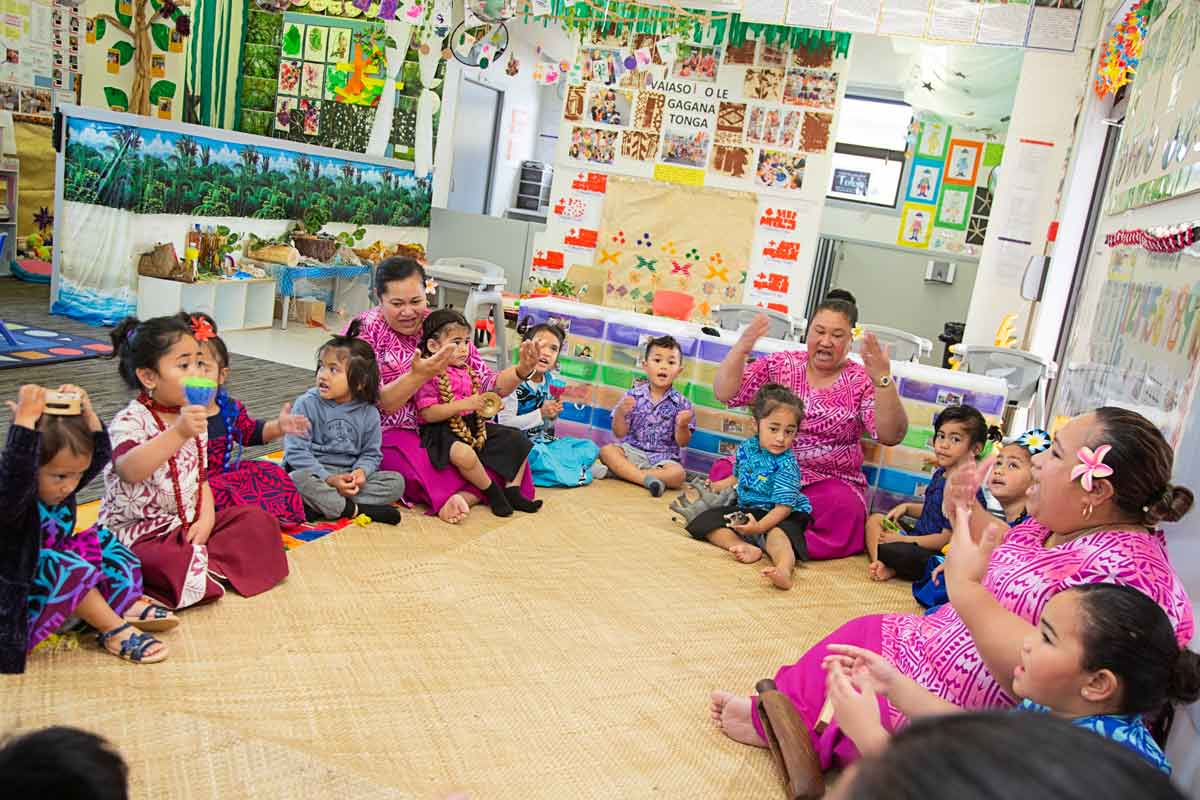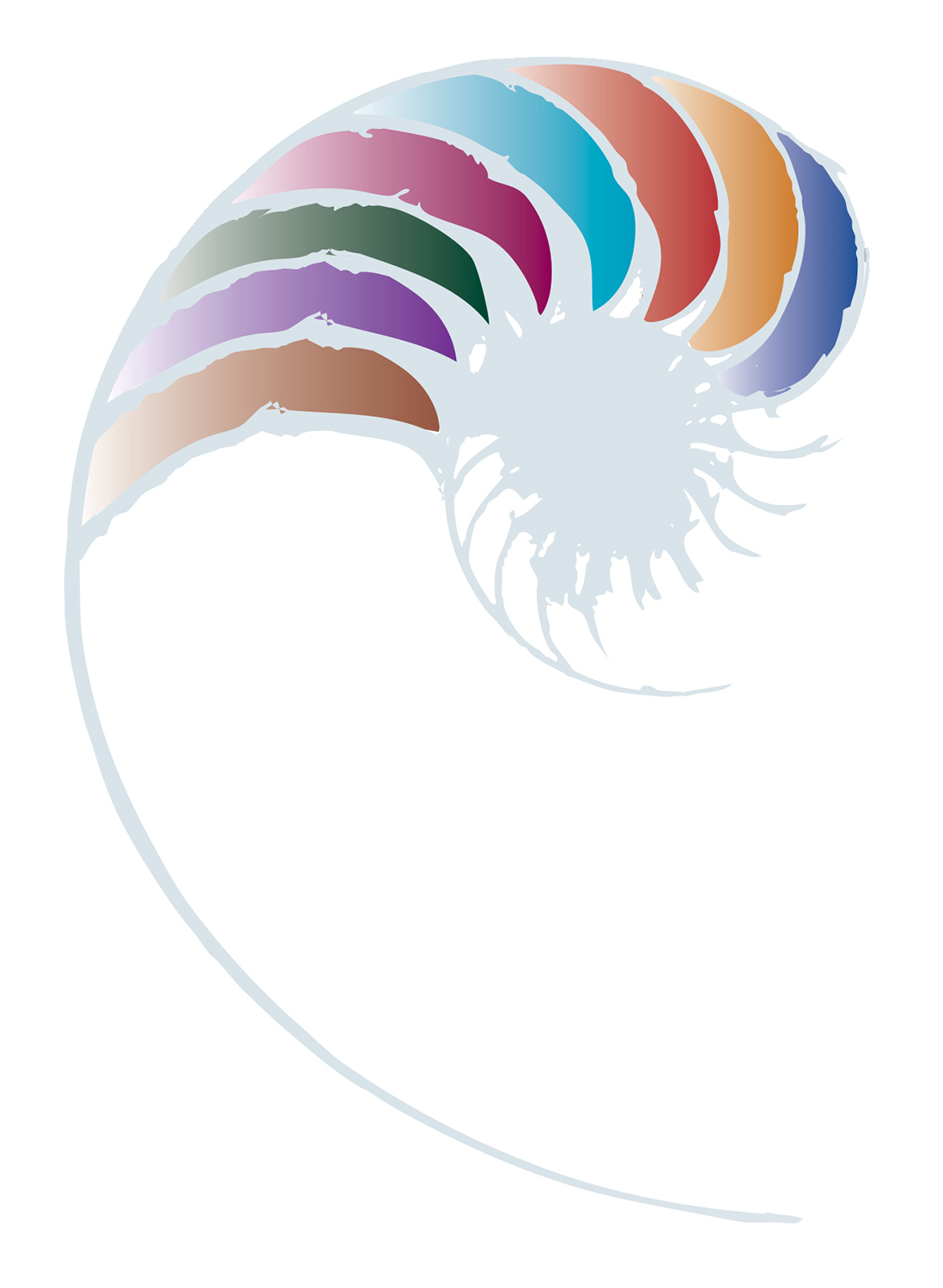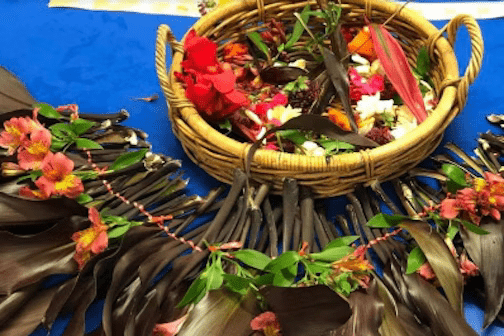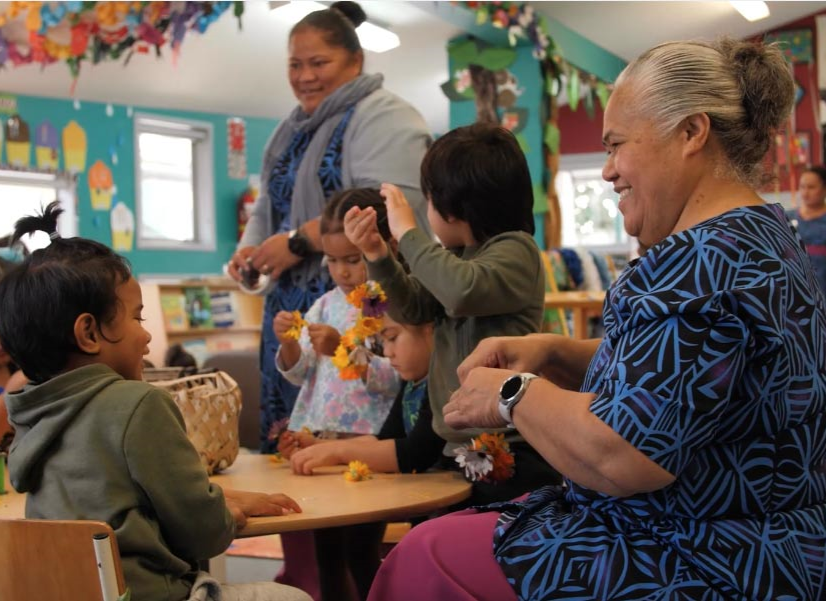Pacific learners – supporting and enhancing success
This resource is a place to engage with Pacific values, languages, and worldviews. You can read stories of practice, celebrate Pacific cultures, and find links to resources.

Ulu kite fatu e malu ei koe (Te Gana Tuvalu)
Shelter in the rock for your safety
It is important to protect one’s culture as the foundation of identity.
Tālofa, fakaalofa lahi atu, kia orana, talofa lava, mālō e lelei, ni sa bula vinaka, noa'ia, mauri, tēnā koutou katoa and Pacific greetings to you all!
Welcome to the Pacific learners – supporting and enhancing success page of Te Whāriki Online. This page is a place to engage with Pacific values, languages, and worldviews. You can read stories of practice, celebrate Pacific cultures, and find links to resources.

Pacific values
Pacific values vary from island to island, and it is important to understand the differences between, and within, cultural groups.
Each island has unique traditions, customs, languages, and identity. Values such as respect, service, leadership, family, belonging, and relationships are important within Pacific cultures.
The values that Pacific learners hold will also be informed by living and working in New Zealand. As with any group, there may be just as many similarities as differences across the learners you see every day.
When you understand the values of Pacific peoples, you are in a better position to respond and acknowledge their differences. Your learners and their families bring values that are important and matter to them. This includes cultural behaviour, ideals, standards, and morals.
Check out:
Languages
"Aotearoa New Zealand is a Pacific nation that has an important role to play in supporting Pacific languages. This stems from the widely acknowledged special and historical relationship between Aotearoa and the nations of Te Moana-nui-ā-Kiwa." (Pacific Languages Strategy, 2022)
Te Whāriki tells us that learner identity is enhanced when children’s home languages and cultures are valued in educational settings and when kaiako are responsive to their cultural ways of knowing and being.
Check out:
- Pacific Languages Strategy to build your understanding
- Ministry of Pacific Peoples website for resources that can support the use of Pacific languages within your services.
Curriculum design guides in Pacific languages
See Materials that come with this resource to download these Te Whāriki Local curriculum design guides for your Pacific service:
- Te reo Māori Kūki ‘Āirini guide
- Lea faka Tonga guide
- Te gagana Tokelau guide
- Gagana Samoa guide
- Vagahau Niue guide
About this resource
In this resource you will find support materials, curriculum design guides, stories of practice, and resources from other sites to support engagement with Pacific learners and enhance their success.





